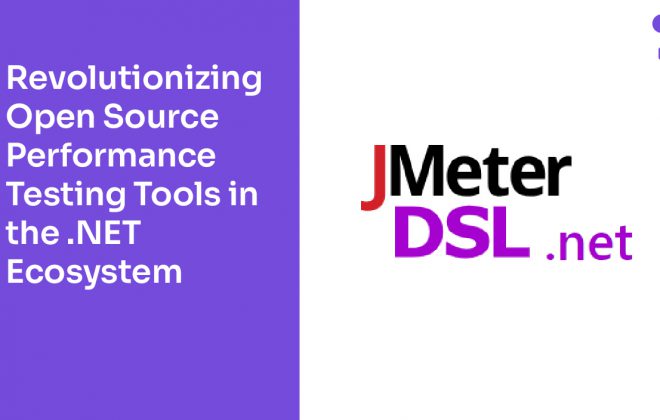Guest post by Felipe Silva Difilippo, Former QA Leader at Verifone
What does experience tell us?
Even today there are companies that still remain resistant to use Processes, Procedures and Methodologies (PPM) to perform their jobs. It seems crazy, but it is true, and it’s more of a cultural issue that a business one. Especially in Latin America where we are used to easily saying “no.”
Even if it’s proven that the change will lead to improvement, we are resistant to change. The companies that are most resistant to change above all are the ones specialized in software production. The “we have always done it this way” mentality persists, an expression that became transgenerational and part of the DNA of CEOs, managers and the whole chain of the software cycle.
The fact is that, no matter what size the business, PPM is essential. These three words: processes, procedures and methodologies represent something that goes beyond their formal definitions- they are the words that form the conceptual principle of teamwork, motivation and profits.
What are Processes, Procedures & Methodologies?
Defining them separately helps us understand better how to create teams that work following PPM, avoiding toxicity in the workplace.
Firstly, processes are a “set of interrelated activities or interacting together, simultaneously or successively with the input elements, which will become products or results.” Next, procedures are a “set of actions or operations that must be performed in the same way, to always get the same result under the same circumstances.”
Therefore, processes and procedures go hand in hand. But, by themselves, they do not make a working, “productive machine.” And no matter in which field of activity, the scientific method comes to play an important role in feeding the engine that drives the two Ps: Methodologies.
The following definition is interesting, “The methodology is a fundamental part of any investigation (scientific method) following the propaedeutic because it allows for the systematization of procedures and techniques required in order to set the challenge.” The definition adds, “in order to be effective, it must be disciplined and systematic and allow an approach to analyzing a problem in its entirety.”
There are two words that emerge here which are essential: disciplined and systematic. Without these two words, even if the processes and procedures are defined, the engine won’t start or it would simply sputter.
But, when it is time to apply methodologies, the discipline they require is in contrast with the flexibility that they must have in order to be managed in a way that so that they will provide the best results for the business. That flexibility, once adopted, should follow the principles of discipline and systemization.
[tweet_box design=”default” float=”none”]Understanding the importance of correctly applying PPM can be the life or death of a company.[/tweet_box]
Working without PPM is possible, but it is not something that will last. Sooner or later the company will have to adopt one, either by its own decision or that of others (the market itself requires it or corporate decisions resulting from acquisitions) in order to endure, be competitive and generate value.
What is the Best Way to Apply PPM?
For some companies, due to their culture, implementing processes, procedures, and methodologies (PPM) may not have to be gradual. There are already enough cases globally of employing a more radical strategy, which is applying it almost like a “Big Bang”, starting out by using it in real projects as a pilot and evaluating their overall results. Then come the adjustments and tweaks for making it right, and following those, the decision as to how to apply it for the entire company.
In other words, you need teamwork, order, and good direction. This is the ultimate result of a successful PPM implementation. This also creates motivation for those working in these companies. And as a result of increased motivation, productivity will improve markedly.
How have you implemented a PPM in your organization?
Since 2008, Abstracta has been helping clients like Verifone to improve their software testing processes, select the proper tools, and augment teams with its quality engineers in order to reduce risks and speed up time to market, launching with confidence.
Recommended for You
Creating Testers Through Four Different Education Strategies
White Paper: 10 Mistakes Companies Make When Outsourcing Software Testing
Felipe Silva Difilippo
Related Posts
Why Software Testing is Necessary for Delivering Superior Customer Experiences
Why should testing be a priority for today’s marketing and CX professionals? Since the recent Forrester Research event, CX SF (which we attended as sponsors), we’ve been reflecting upon the relationship between software quality and the customer experience for brands that are seeking to innovate and…
Revolutionizing Open Source Performance Testing Tools in the .NET Ecosystem
Reaching for open source software, performance testing tools, and free load testing tools? Get to know JMeter .Net DSL, one of the leading open-source performance testing tools, bridging JMeter and . NET. It revolutionizes performance testing and open-source tools, enhancing software quality, efficiency, and reliability….
Leave a Reply Cancel reply
Search
Contents








